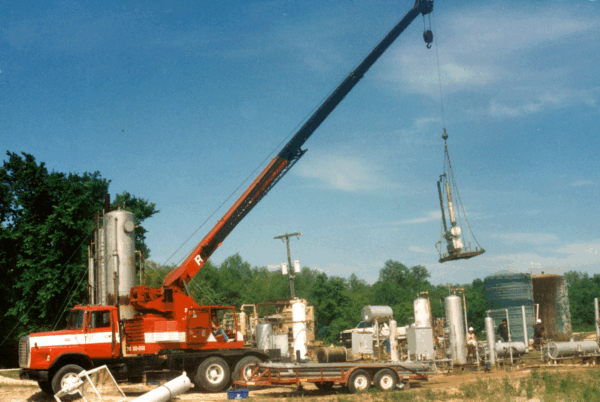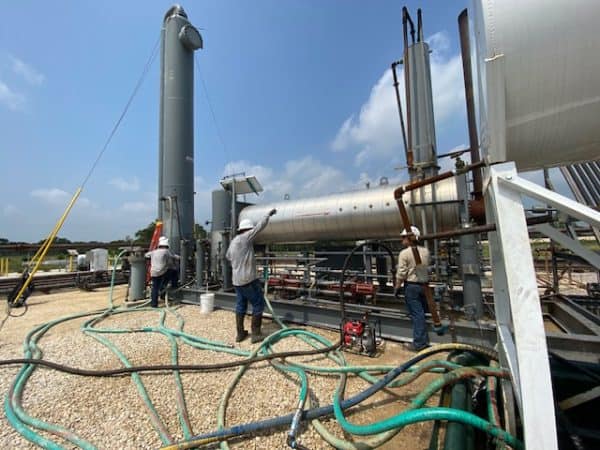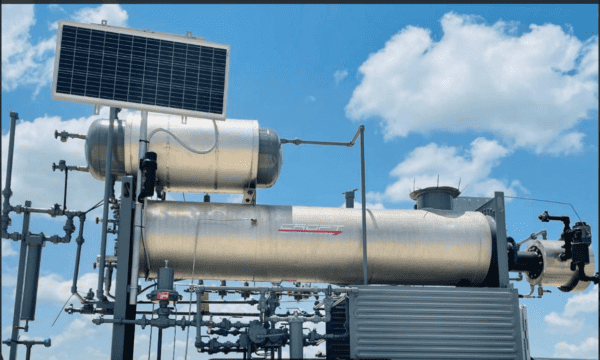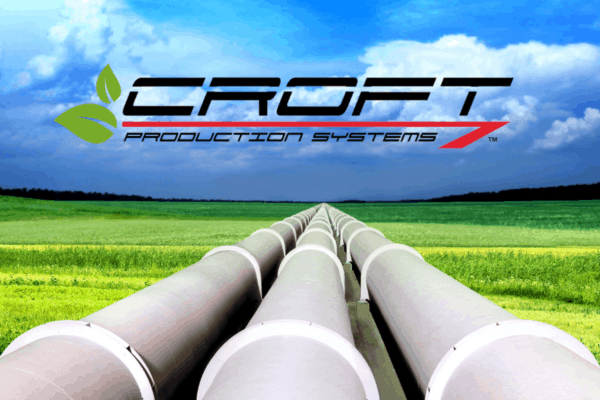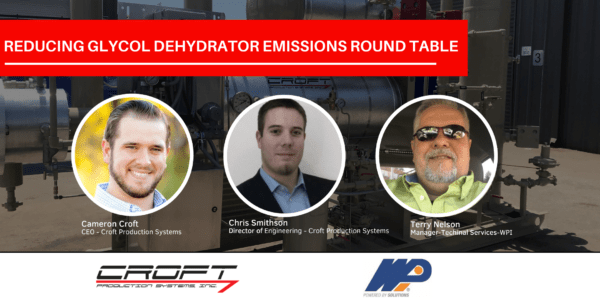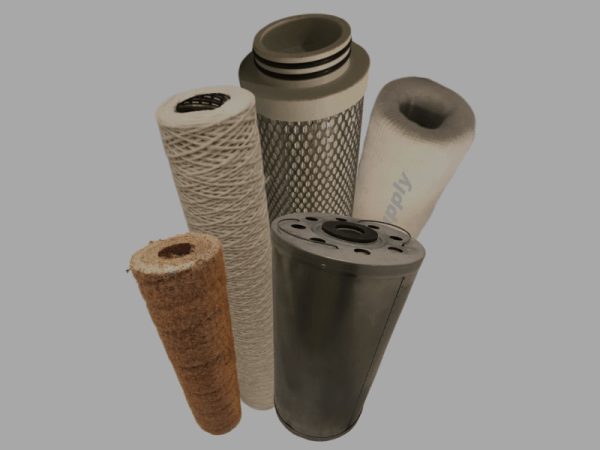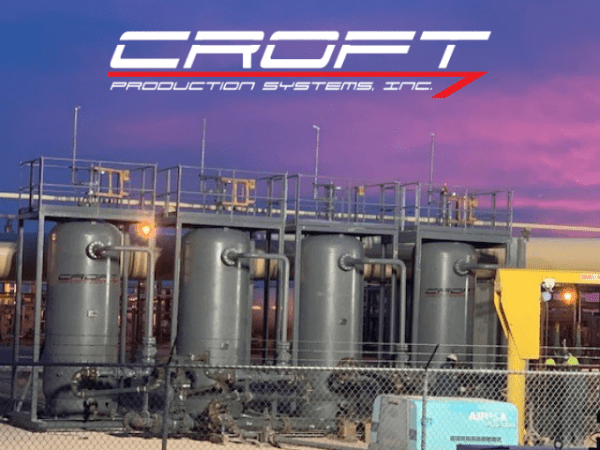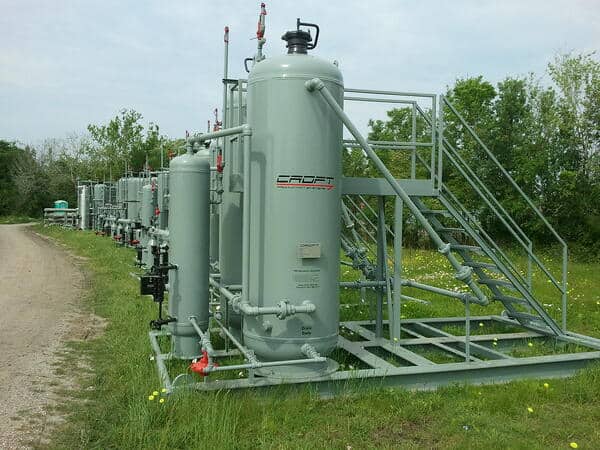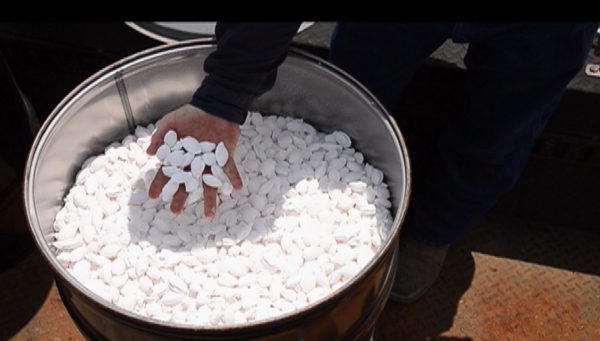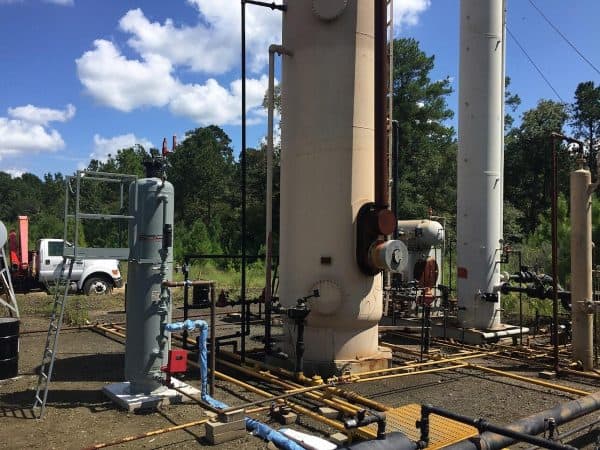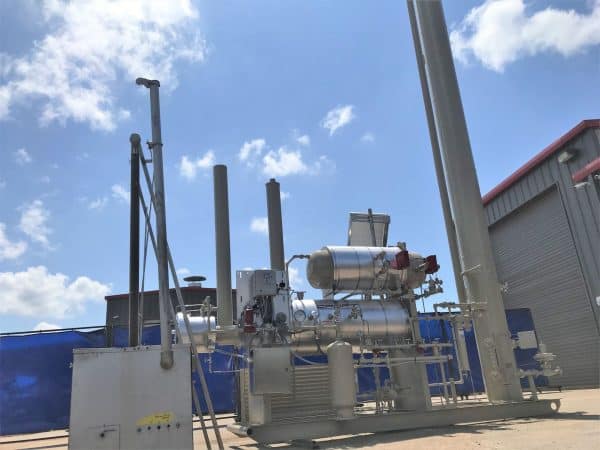Glycol Dehydration Products
Preston Croft was born in South Texas and raised in a hardworking family in the 1950s. Surrounded by people who valued both effort and humor, he learned the importance of perseverance early on. His father and grandfather spent their careers in the oil and gas industry. Growing up with limited means, Preston learned to appreciate […]
Read MoreRemoving water moisture from natural gas is critical to ensure safe transportation and processing in oil and gas processing. One of the most widely used technologies for this purpose is the glycol dehydrator, typically utilizing Tri-ethylene Glycol (TEG) to absorb water vapor. Like all equipment exposed to harsh operating environments, glycol dehydrators require periodic cleaning […]
Read MoreNatural gas, a vital energy source for various industries, often requires careful treatment before being transported and utilized efficiently. Dehydration is a critical process in preparing natural gas for distribution. This post delves into the fascinating world of Tri-ethylene Glycol (TEG) systems, a standard method for natural gas dehydration. We explore the importance of this […]
Read MoreIn the oil and gas industry, natural gas dehydration plays a crucial role in ensuring safety, efficiency, and meeting pipeline specifications. Over-saturated gas can lead to corrosion, equipment damage, and non-compliance with industry standards. Gas dehydration removes excess water vapor from natural gas streams to combat these issues. In this blog post, we will delve […]
Read MoreThis virtual roundtable discussion explores topics related to processes and equipment used in CO2 and H2S removal.
Read MoreGet answers to our client’s most frequently asked questions about filtration for amine plants, glycol dehydrators, and coalescing filters.
Read MoreIn this webinar, Saving Money in Operations: Glycol Dehydration, we engage with experts discussing glycol dehydration units and optimization.
Read MoreMost customers dread having to conduct a full cleanout of a TEG dehydrator. The cleanout sometimes implies shutdowns or drop in capacity. One of the ways CROFT designed the Passive Dehydration System (PDS) is to be utilized as a quick, easy, and a temporary way to bypass a TEG and continue to dehydrate the gas while your TEG is shut down and getting serviced/cleaned out.
Read MoreAbsorption vs. Adsorption Dehydrating natural gas, or the removal of water vapor from natural gas can be done by either adsorption or absorption. Croft’s Passive Dehydration System uses adsorption, where water vapor is collected and condensed on the surface with the use of a solid desiccant. Solid desiccants have a high adsorption capacity, a low resistance to gas […]
Read MoreSolid desiccant dehydration is a safer alternative to gycol dehydration, which uses a liquid desiccant to absorb water from the gas.
Read MoreDo you dread the anticipation of having to clean out your TEG? Having to shut down your operation for a few weeks? Here at CROFT we offer a mobile Passive Dehydration System. It is a quick, easy and a temporary way to bypass a TEG and continue to dehydrate the gas while your TEG is […]
Read MoreWhat is a Glycol Dehydration Unit? Triethylene glycol (TEG) unit or glycol dehydrator is a liquid desiccant system used for the removal of water from natural gas and NGLs. It is the most commonly used means of water removal from natural gas. A TEG Unit also referred to as a glycol unit, uses absorption, which […]
Read MoreWatch this 1-minute Time-Lapse video of a 10-hour workday spent assembling a TEG. This unit has now gone through implementation, and will be ready to ship to the customer early next week. Thanks For Watching: Thanks for checking out our video, if you have an application you’re working on, or questions in general, please feel […]
Read More
